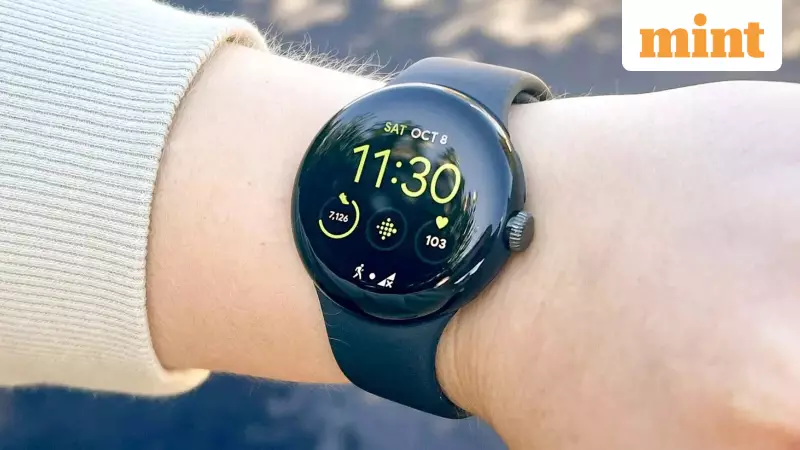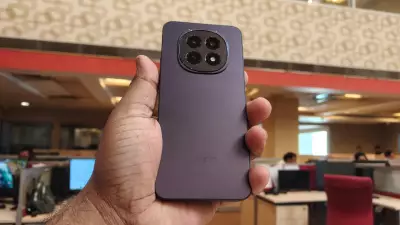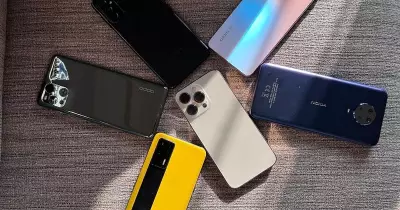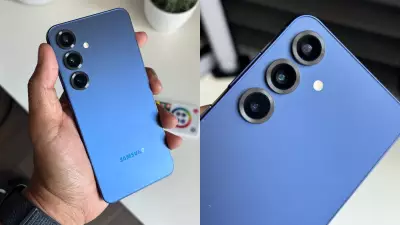
In a significant move to enhance its health-tracking capabilities, Google has initiated two exclusive experiments for a select group of Pixel Watch users in the United States. This strategic push comes at a time when users are increasingly comparing the Pixel Watch with its rivals and highlighting gaps in its health and wellness offerings. Instead of releasing underdeveloped features, Google is taking a data-driven approach, gathering real-world information to fine-tune how these potential new tools will work.
Unusual Trend Detection: Your Watch as a Health Sentry
The first experiment, dubbed Unusual Trend Detection, is designed to act as a proactive health monitor. The system continuously observes your vital signs and activity patterns to establish a baseline of what is normal for you. When it identifies a change that falls outside your personal range, it sends you an alert. This is not a medical diagnosis but a research-based heads-up.
When an unusual trend is spotted, the Fitbit app will prompt you to log any symptoms you are experiencing and potential causes you might be aware of. The app may also share simple tips for rest and recovery. Later, it can notify you when your metrics have returned to their usual patterns. The primary goal here is to help Google's algorithms learn which physiological signals are the most meaningful for detecting potential health issues.
The Hypertension Study: A Large-Scale Blood Pressure Research
The second and more extensive experiment is the Hypertension Study. Google is recruiting up to 10,000 eligible participants in the US for a period of 180 days. The study aims to determine if the everyday data collected by a smartwatch can help flag signs associated with high blood pressure. For now, this research is limited to the Pixel Watch 3 and does not include the Pixel Watch 4.
A smaller subset of participants within this study will be asked to complete a 24-hour cuff session. This allows Google researchers to directly compare the watch's readings with clinical-grade measurements from a traditional blood pressure cuff. As an incentive, this subgroup will receive a $25 gift card after they return the monitoring equipment.
How to Participate and What to Expect
Eligibility for these studies is currently restricted. To qualify, you must be 22 years or older, reside in the United States, use the Fitbit app in English, and own a Pixel Watch 3. If you meet these criteria, you can check for availability by opening the Fitbit app, tapping on 'You,' and looking for the 'Fitbit Labs' section. If a study card appears, you can read the details, agree to the research use of your data, and then enroll or add yourself to a waitlist.
Google notes that participants may experience a small, temporary dip in battery life, but the watch should still last a full day with normal use. It is crucial to understand that these studies do not provide medical advice or personalised reports. If you feel unwell or see trends that concern you, you should treat the alerts as research signals and consult a doctor for proper medical guidance.






